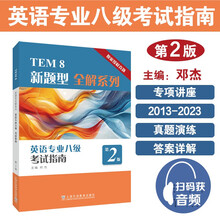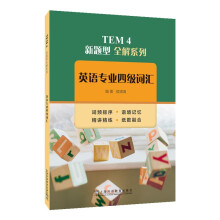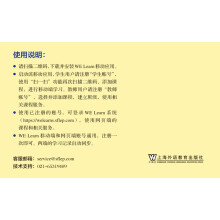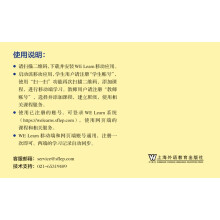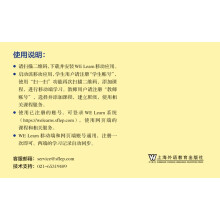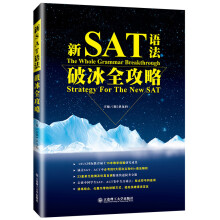Economic reforms will give all Americans, native and transplanted, a better chance at a comfortable and rewarding life. Eventually relieved of its government debt and international trade deficit, the United States will achieve a new prosperity based, not on the disguised Keynesianism of the Reagan era, but on the vigor of a healed economy. In this, it will be aided by the gradual decline of its chief rival, Japan, and by the growth of internal trade with the new states that once were Canada.
Private citizens will retain more of this wealth than they did during the peak-tax years of the 1970s, and the goods on which they spend it will cost less, thanks to the continuing rise of automation. Thus, their effective standard of living will begin to grow steadily again, as it has not done since the OPEC oil shocks nearly two decades ago.
In all these changes, and many others, two factors will play major roles: technology and education.
The technology that dominates most discussions of the future will provide some of the tools needed for more fundamental transformations. As the turn of the century approaches, large-scale automation will help a shrinking workforce outproduce the larger generations that preceded it. New medical therapies will give Americans longer and healthier lives. Computers and advanced communications equipment will streamline not only business, but the education- al process as well.
World leadership may be, as Paul Kennedy argue, unsustainable over a long period. The United States may eventually lose its economic supremacy, its world leadership, and its mili- tary security someday. But that day lies in the unenvisioned future. Even in its current trou- bled state, America retains more military strength than any other country on this side of the Iron Curtain, more economic power than any nation in the world, more prestige and moral force than any other participant on the global scene. In the worst of all possible futures, the United States "burdened by ever-mounting trade deficits, a decaying school system, the hap- less victim of drugs and AIDS and international terrorism", would remain the worlds leader for several more generations, It took, after all, more than a century of industrial decline and two world wars to erode the greatness and the glory of the British Empire. Mere decay would re- quire much longer to reduce American might to a secondary role. With the changes to come in the 1990s, no force on Earth can do so.
For the next fifty years the United States will remain the most productive country in the world, the most powerful, the richest, and the most free. By the year 2000, few of us will have reason to doubt it.
展开


